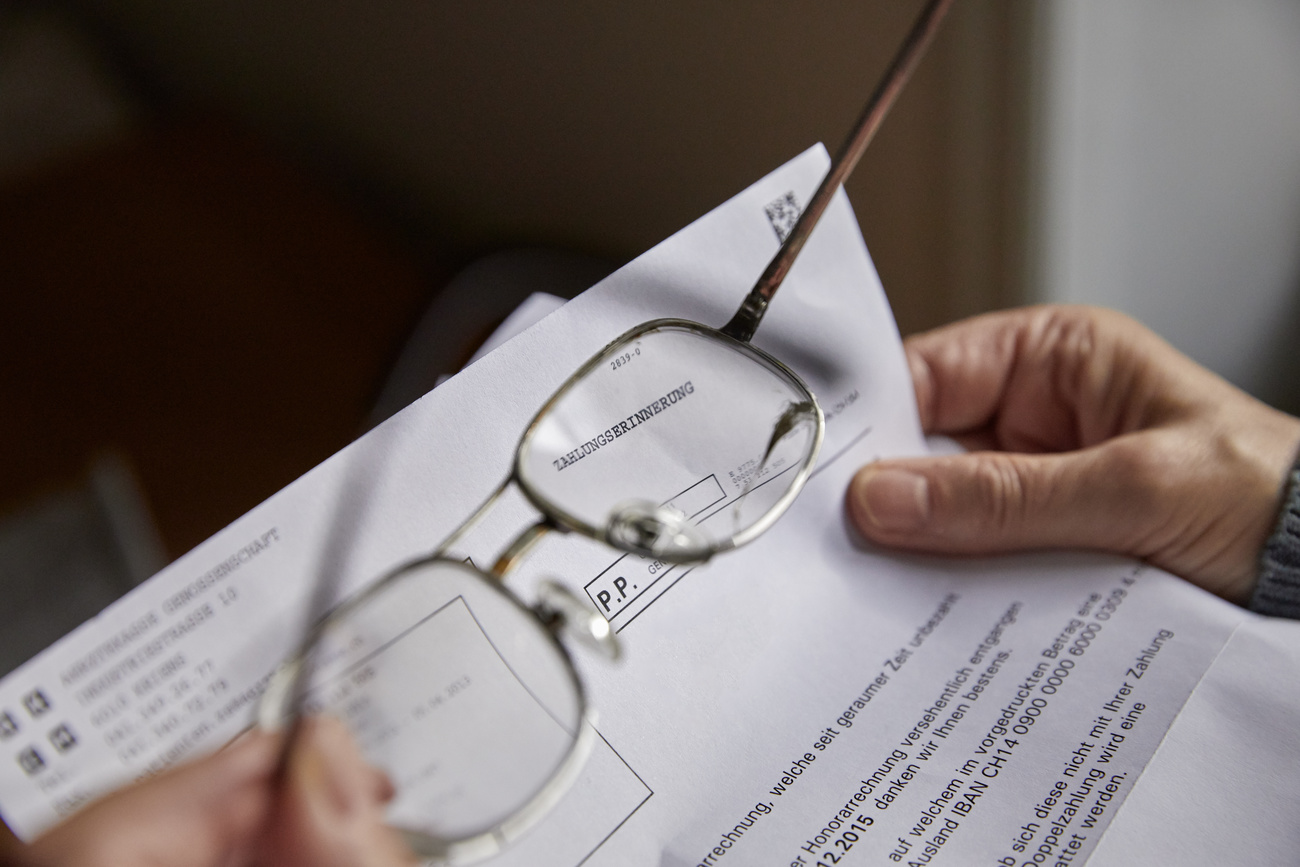
Poverty ‘misunderstood’ in wealthy Switzerland

Prejudice and shame compound the problems experienced by people who live below the breadline in Switzerland, states an NGO study backed by the Swiss justice ministry.
The rate of poverty in Switzerland increased in 2021 to touch 8.7% of the population, compared with 8.5% the previous year, according to official statistics.
This means around 745,000 people were living on an income below the poverty line – defined as an average of CHF2,289 ($2,546) per month for a single person and CHF3,989 per month for two adults and two children.
But raw statistics do not tell the whole story, says the ADT Fourth World NGO in a new study.
Vulnerable people are generally so ashamed to seek help that they become more marginalised than they need to be.
“People who live in poverty are still perceived by society as having themselves to blame for their situation,” ATD Fourth World spokesperson Perry Proellochs told Keystone-SDA. “It’s a systemic and structural issue. People are struggling to break out of this downward spiral.”
People with little money are not just struggling to pay bills, but suffer from a poor social and cultural life, the study concludes.
The results of the ADT Fourth World study will be presented by Justice Minister Elisabeth Baume-Schneider at a welfare symposium in Bern on Tuesday.

In compliance with the JTI standards
More: SWI swissinfo.ch certified by the Journalism Trust Initiative





























You can find an overview of ongoing debates with our journalists here . Please join us!
If you want to start a conversation about a topic raised in this article or want to report factual errors, email us at english@swissinfo.ch.